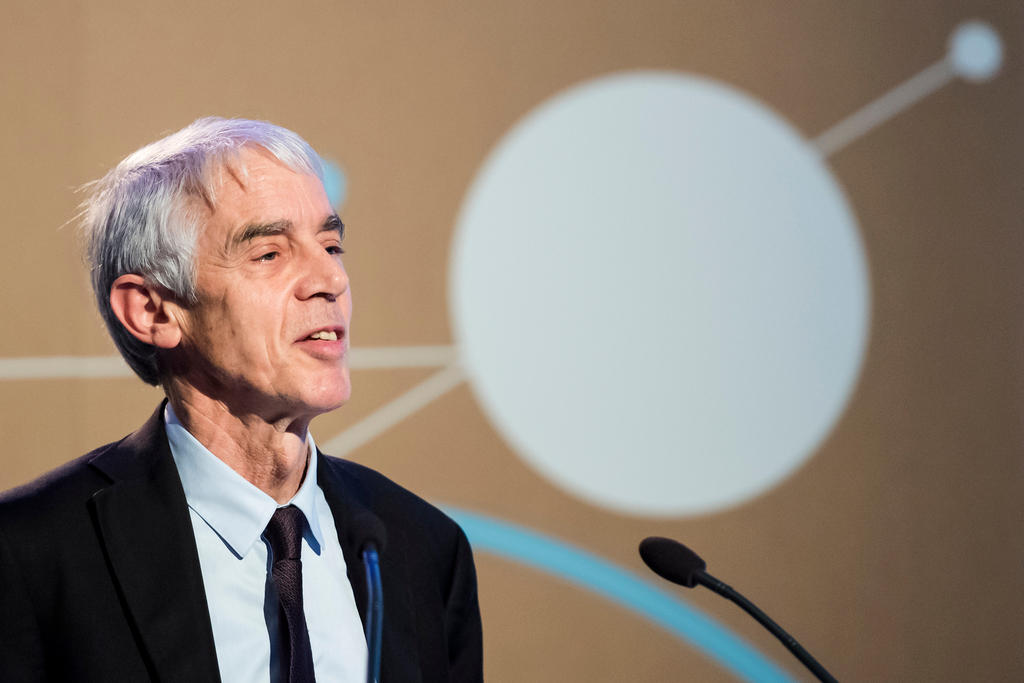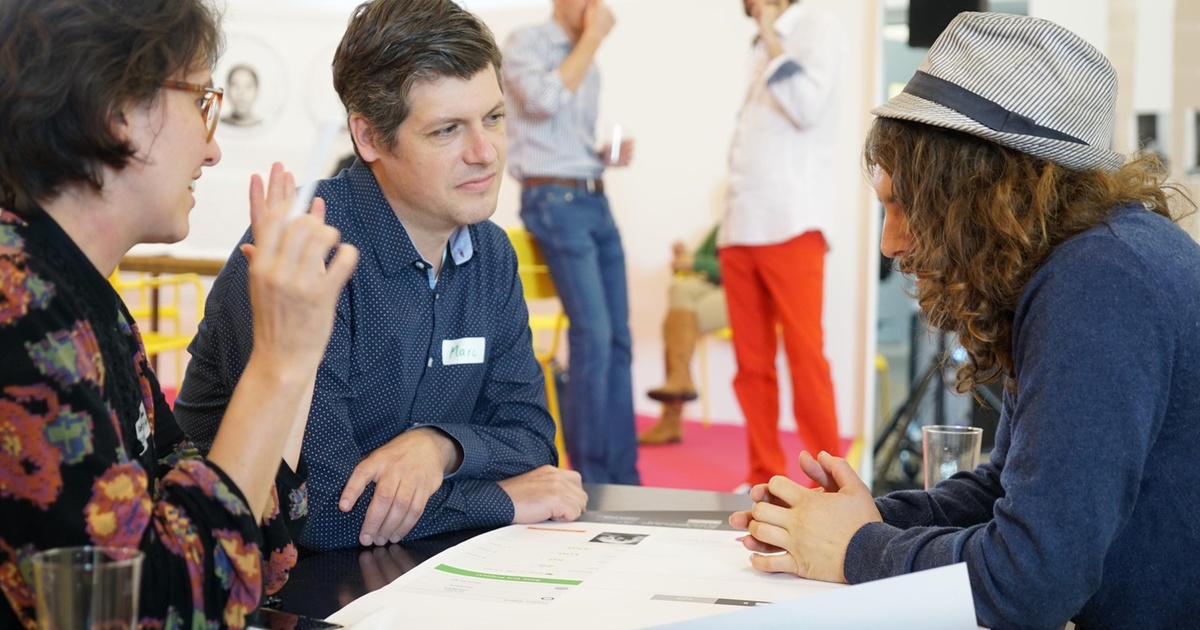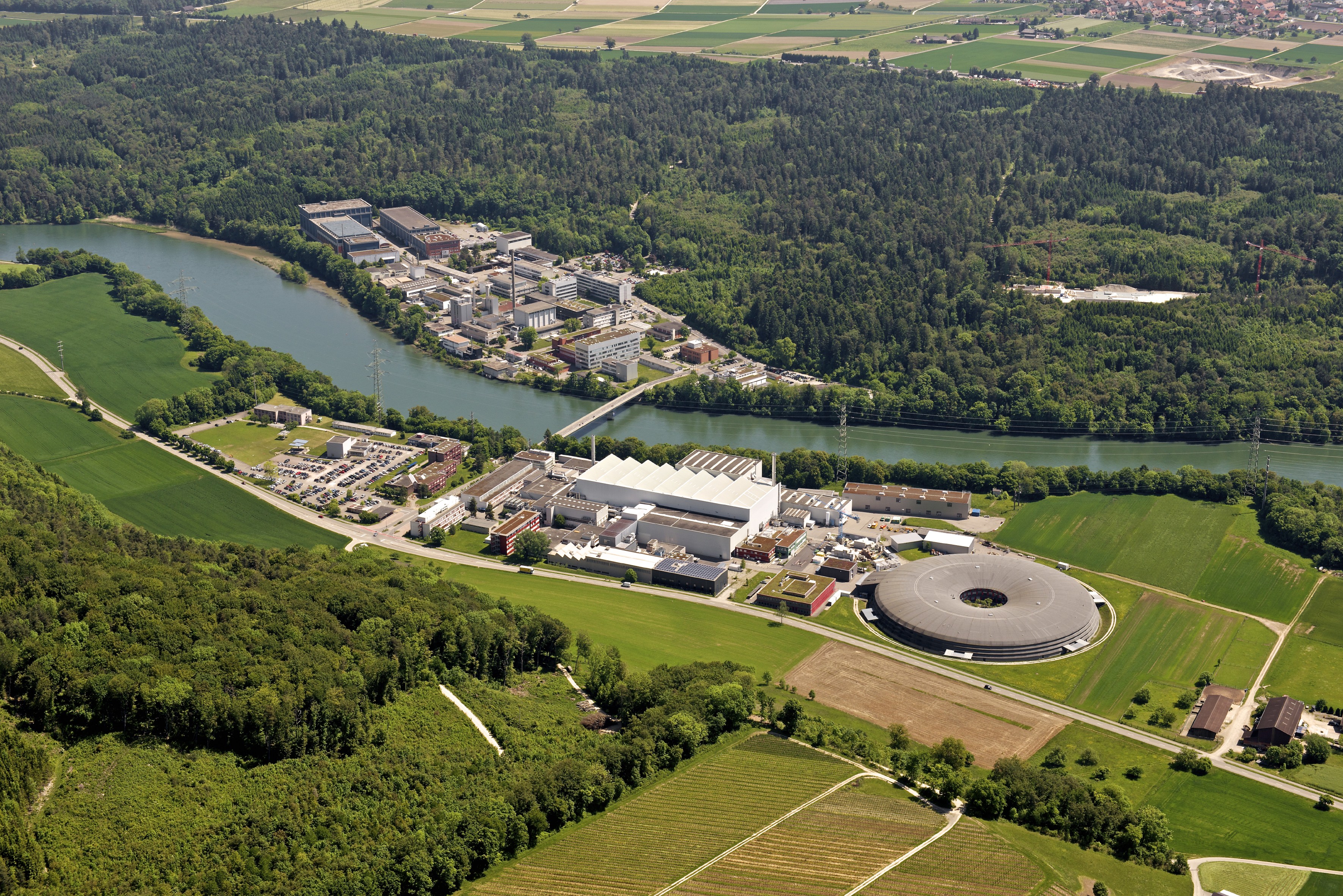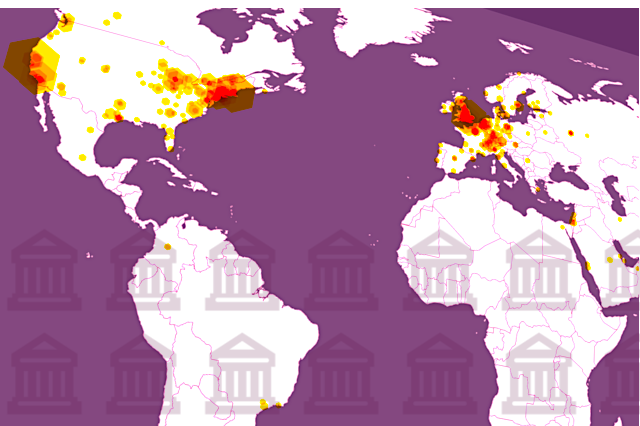Swiss Universities Fear EU Science Funding Snub
Swiss universities fear losing out on the European Union's "Horizon Europe" science research funding pot.

Send us a link
Swiss universities fear losing out on the European Union's "Horizon Europe" science research funding pot.

Intelligent data science approaches are changing science, the economy and society. In a new interdisciplinary initiative, ETH researchers from the fields of mathematics, computer science and information technology are therefore increasingly dedicating themselves to the foundations of data science.

Thousands of school children and university students across Switzerland skipped class on Friday to march in the streets and demand climate action, telling politicians "There is no planet B".

Today, the Future Circular Collider (FCC) collaboration submitted its Conceptual Design Report (CDR) for publication.
Der Mobbingfall an der ETH Zürich veranlasst den neuen Präsidenten Joël Mesot zu einer Massnahme.

Scientists say that increasingly rigorous licensing procedures have complicated research efforts - and in some cases, stopped experiments completely.

For the last 12 years, I have had the pleasure and privilege to serve as the Director of the Swiss Federal Institute of Aquatic Science and Technology (Eawag) and as a professor at the Swiss Federal Institutes of Technology (ETH) Zurich and Lausanne (EPFL). My affiliations have afforded me a rare opportunity to observe the structure and governance of academic institutions and to reflect on my own experience in institutional leadership. I have attempted to place my experience in the context of the literature on leadership, particularly that relating to women and academia. On the basis of my experience and reading, I make some recommendations for women faculty, for women in positions of institutional leadership in academia, and for academic institutions. I am deeply convinced that greater participation by women (and members of other under-represented groups) in institutional leadership is needed if academia is to make a meaningful contribution to addressing the huge challenges that face humanity.
An ERC Grant is the most prestigious award for excellent European research projects. A team with three researchers from the ETH Domain had also applied for such a grant. Today, Gabriel Aeppli from the Paul Scherrer Institute PSI, Henrik Rønnow from the Swiss Federal Institute of Technology Lausanne EPFL and Nicola Spaldin from ETH Zurich, together with their colleague Alexander Balatsky from Nordita, Stockholm University, received the contract signed by the EU confirming the extraordinary 14 million euro funding.
Swiss native Hansjörg Wyss will give $1 Billion over the next decade to help accelerate land and ocean conservation around the world.

Swiss university shut down astronomy institute last year where accused professor worked.

After almost two years, Switzerland’s first dedicated science crowdfunding platform has seen nearly 80% of projects meet their targets. But for its organisers and participants, success isn’t just measured in Swiss francs.

It has never been so easy to obtain grants for open access publications from the SNSF. Researchers can now apply for them on the mySNF online platform – even after the project has ended.

How has this Swiss start-up attracted some of the world's top investors? Could Auterion's success be attributed to just 3 success factors?
Swiss Academy of Sciences conference on metrics and assessment.
European and national research funders are expected to commit all researchers to granting open access to their publications as of 2020. The SNSF supports this Plan S. However, it is not in a position to add its signature to the plan at present.

A strategic kick-off workshop on Reproducibility and Replication with the goal to define the optimal set-up of the activities of the newly opened Center for Reproducible Science (CRS) at the University of Zurich.
Swiss participation in some of the EU’s largest and most prestigious funding programmes is being threatened by rules proposed for 2021-27.
Opendata.ch/2018 ist die führende Konferenz der Schweiz rund um das Thema offene Daten. Jährlich prägen wir die nationale Open-Data-Diskussion, mit VertreterInnen aus Verwaltung, Wirtschaft, Wissenschaft, Politik, Journalismus, IT und weiteren Interessengebieten.
The “Alexander Friedrich Schläfli Prize” of the Swiss Academy of Sciences (SCNAT) is one of the oldest prizes in Switzerland. Since the first awarding in 1866, 108 young talents in different natural science disciplines have been distinguished.
In June 2017, PSI was made aware of allegations that members of its staff had submitted an article containing aspects of scientific misconduct to a scientific journal. A preliminary review by experts showed that the allegations raised were solid.

A meta-analysis combining the most popular university rankings to find out which ones are best, and showing which university offers the best value for the money. Spoiler: Switzerland, for once, is a good deal.

Pilot study found that providing a digital edition that is freely available on the Internet increases the trackability, visibility and use of monographs. The study also finds that open access does not have a negative impact on printed book sales.
The Swiss universities are negotiating with the world’s three largest scientific publishers for fair – in other words affordable – terms of access. Michael Hengartner, president of swissuniversities and UZH, explains the background.
How Open Access has been addressed in other countries, and how it can be implemented in Switzerland.
Rather than simply complaining about the lack of women, the researchers at EPFL decided to walk the talk by launching GirlsCoding.
Explore the top 200 most international universities in the world using data from the Times Higher Education World University Rankings: EPFL and ETHZ in the lead.

Around half of researchers already publish their work with open access, according to a comprehensive survey carried out by the Main Library of the University of Zurich. Besides a number of positive results, the survey also revealed a need for more information.
With some 173,000 articles during the period 2011-2015, Switzerland produced 1% of worldwide publications. It is therefore in the top 20 countries of all sizes that publish the most scientific articles.
There is a significant discrepancy between the reality of academic publishing and the optimism of politicians and science functionaries who praise Open Access as a panacea for all the ills afflicting science culture.

The dataset provided by the SNSF contains publication fees for 302 articles. Total expenditure amounts to 514'522 EUR and the average fee is 1'704 EUR.